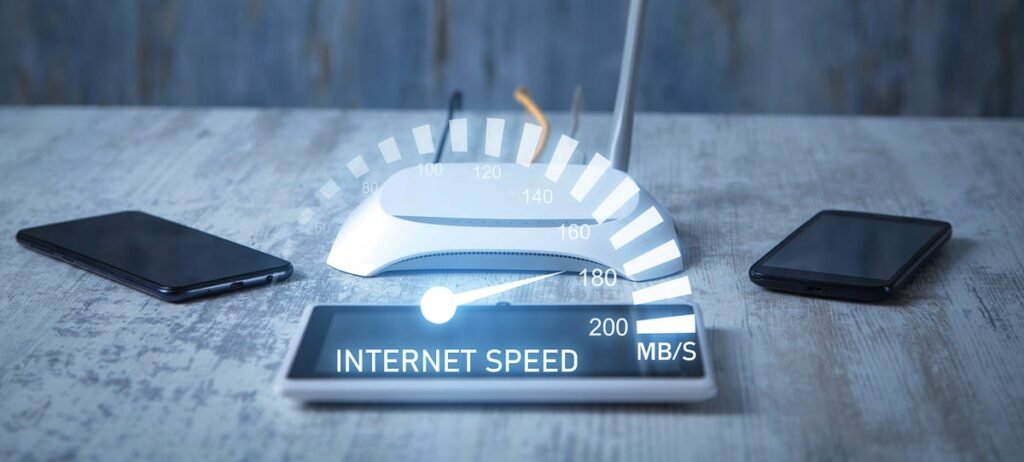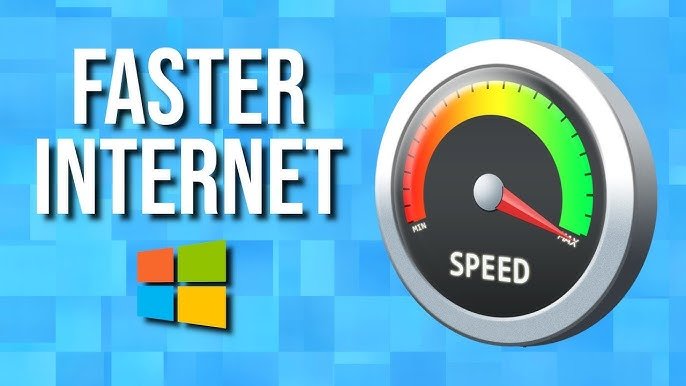Experiencing slow internet speeds can be incredibly frustrating, especially when you need a fast and reliable connection for work or leisure. Fortunately, there are several strategies you can employ to boost your internet speed. From optimizing your hardware to adjusting your settings, this guide will walk you through effective ways to improve your internet speed.
Understanding the Factors Affecting Internet Speed
Before diving into solutions, it’s essential to understand the factors that can affect your internet speed.
1. Internet Service Provider (ISP)
Your ISP plays a crucial role in determining your internet speed. The speed plan you’ve subscribed to directly impacts how fast your connection will be. Check with your ISP to ensure you’re on a plan that meets your needs.
2. Hardware Limitations
Your modem and router also affect your internet speed. Older hardware may not support the latest speed standards, leading to slower performance.
3. Network Congestion
Network congestion occurs when multiple devices are using the internet simultaneously, which can reduce overall speed. Additionally, peak usage times can impact performance.

Practical Tips to Improve Your Internet Speed
Now that you understand the factors affecting your internet speed, let’s explore practical tips to enhance it.
1. Upgrade Your Hardware
Upgrading your modem and router can lead to significant improvements in internet speed. Newer models are designed to handle faster speeds and more devices.
a. Choose a Modern Router
Invest in a modern router that supports the latest Wi-Fi standards, such as Wi-Fi 6. These routers offer improved speed, range, and capacity.
b. Replace Your Modem
If your modem is outdated, consider replacing it with a newer model that supports higher speeds. Check with your ISP for compatibility and recommendations.
2. Optimize Router Placement
The placement of your router can impact signal strength and internet speed. Ideally, place your router in a central location, away from obstructions and electronic interference.
a. Avoid Obstacles
Position your router in an open area, free from walls and large metal objects that can obstruct the signal.
b. Elevate the Router
Elevate your router to a higher position, such as on a shelf, to enhance signal distribution throughout your home.
3. Manage Connected Devices
Too many connected devices can strain your network and slow down your internet speed. Managing these devices effectively can help maintain optimal performance.
a. Limit Device Connections
Disconnect devices that are not in use. For example, if multiple devices are connected to your network but not actively being used, consider disconnecting them to free up bandwidth.
b. Prioritize Devices
Use Quality of Service (QoS) settings on your router to prioritize bandwidth for essential devices, such as your work computer or gaming console.
4. Update Firmware and Software
Keeping your router’s firmware and software up-to-date is crucial for maintaining performance and security.
a. Check for Router Updates
Regularly check for firmware updates for your router. Manufacturers often release updates to improve performance and fix bugs.
b. Update Your Device Drivers
Ensure that your device drivers are updated, especially for network adapters. Outdated drivers can impact your device’s ability to connect efficiently.
5. Use Ethernet Cables for Stable Connections
For devices that require a stable connection, such as a desktop computer or gaming console, using an Ethernet cable can provide faster and more reliable speeds compared to Wi-Fi.
a. Connect Directly
Plug your device directly into the router using an Ethernet cable for a more stable connection. This can significantly reduce latency and improve overall speed.
b. Consider Powerline Adapters
If running Ethernet cables isn’t feasible, consider using powerline adapters. These adapters use your home’s electrical wiring to extend your network’s reach.
Conclusion
Improving your internet speed involves a combination of hardware upgrades, optimal router placement, managing connected devices, and keeping software up-to-date. By implementing these strategies, you can enhance your network performance and enjoy faster, more reliable internet connectivity. Whether you’re streaming, working from home, or gaming, a faster internet connection can make a significant difference in your online experience.









